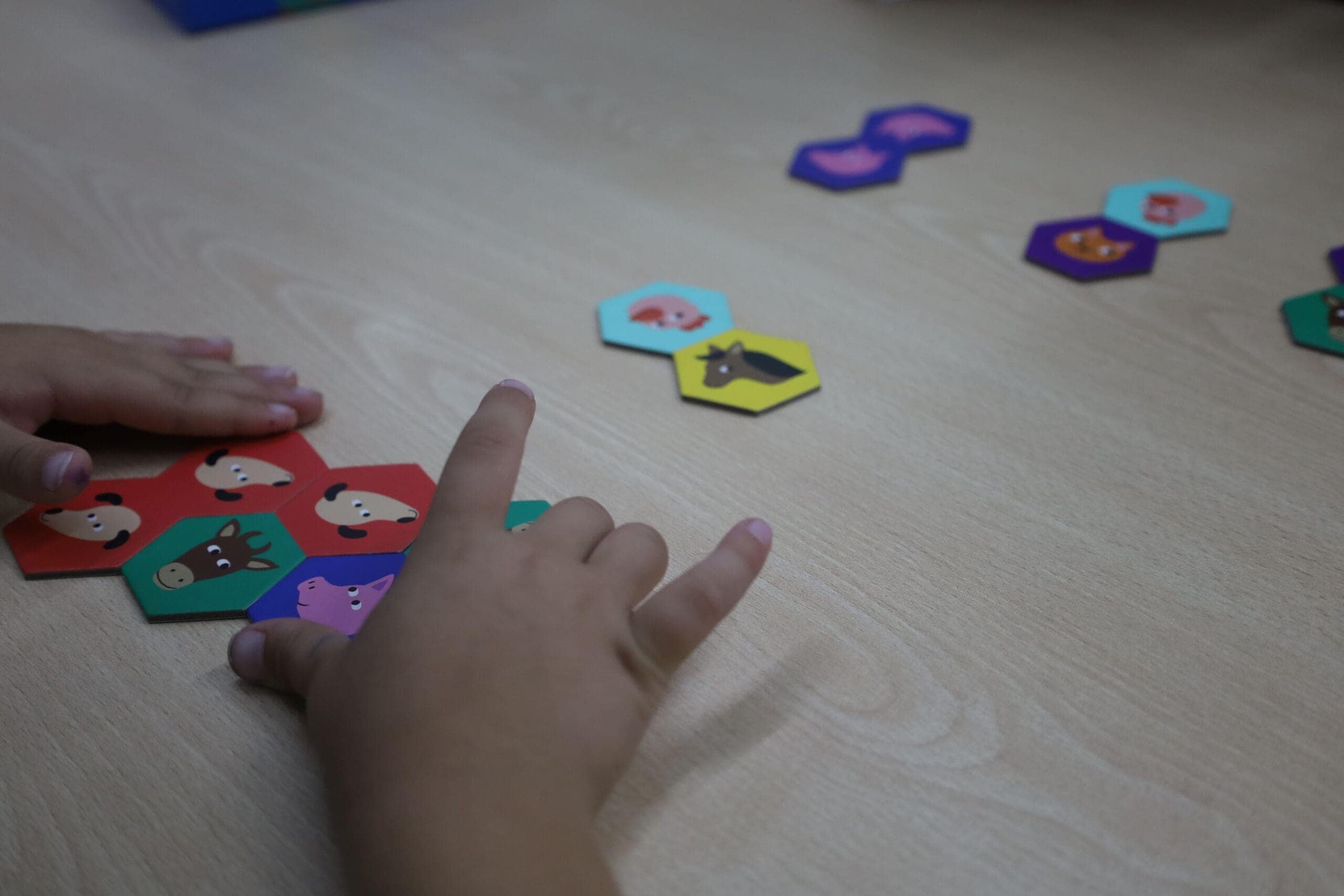The school’s Psychopedagogy Department (DOP), composed of three psychologists, one psychopedagogue, and a speech therapist, all with specific and complementary roles, is dedicated to supporting the emotional, academic, and social development of our students.
Well-being
With the purpose and commitment to enhance Emotional Education, the Connections program highlights three interconnected axes: connection with oneself, connection with others, and connection with the world. From P3 to second-year Baccalaureate, through conferences, talks, and workshops, we work on the holistic development of students, fostering self-awareness, empathy, and understanding of their surroundings.
Prevention
The department develops and oversees programs and workshops to promote mental health, prevent bullying, and foster resilience and stress management skills.
For the past 20 years, we have been implementing the Mónica Toscano Prevention in Act method, which helps us prevent violence in the classroom and provides the opportunity to get to know our students through spaces for dialogue.
Mentoring
The DOP guides teachers in strategies to identify and prevent emotional and behavioral issues in personalized mentoring sessions. Our Sustainable Minds method aims to establish solid foundations to support self-awareness and emotional and social management.
Intervention and Counseling
The team offers both individual and group interventions to address emotional, behavioral, and academic issues.
During these interventions, psychological, psychopedagogical, and speech assessments are conducted to identify learning difficulties, emotional, and behavioral problems. Once these assessments are completed, solutions are individualized based on the student’s specific needs.
Development of Specific Programs
The DOP team is responsible for designing programs for gifted students, offering them additional intellectual challenges.
Similarly, for students with special needs, the team designs individualized support plans (PAI) to ensure they receive the resources and attention they require.
Other tasks managed by the department include specific protocols for students with Autism Spectrum Disorder (ASD), Attention Deficit Hyperactivity Disorder (ADHD), speech difficulties, and dyscalculia, ensuring that these students receive the best attention adapted to their needs.
In conclusion, the department is essential to ensuring that each student receives the necessary support to reach their full potential, both academically and personally.











